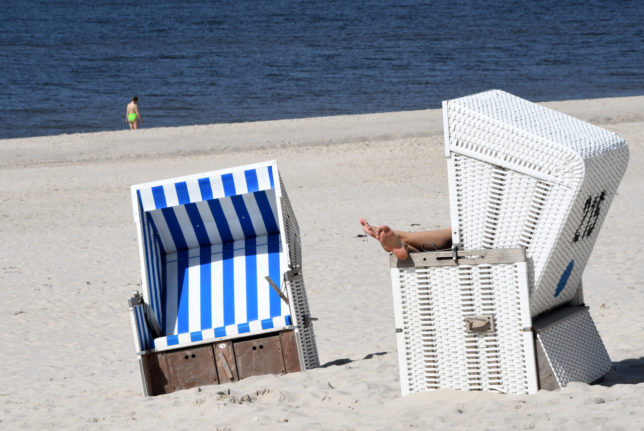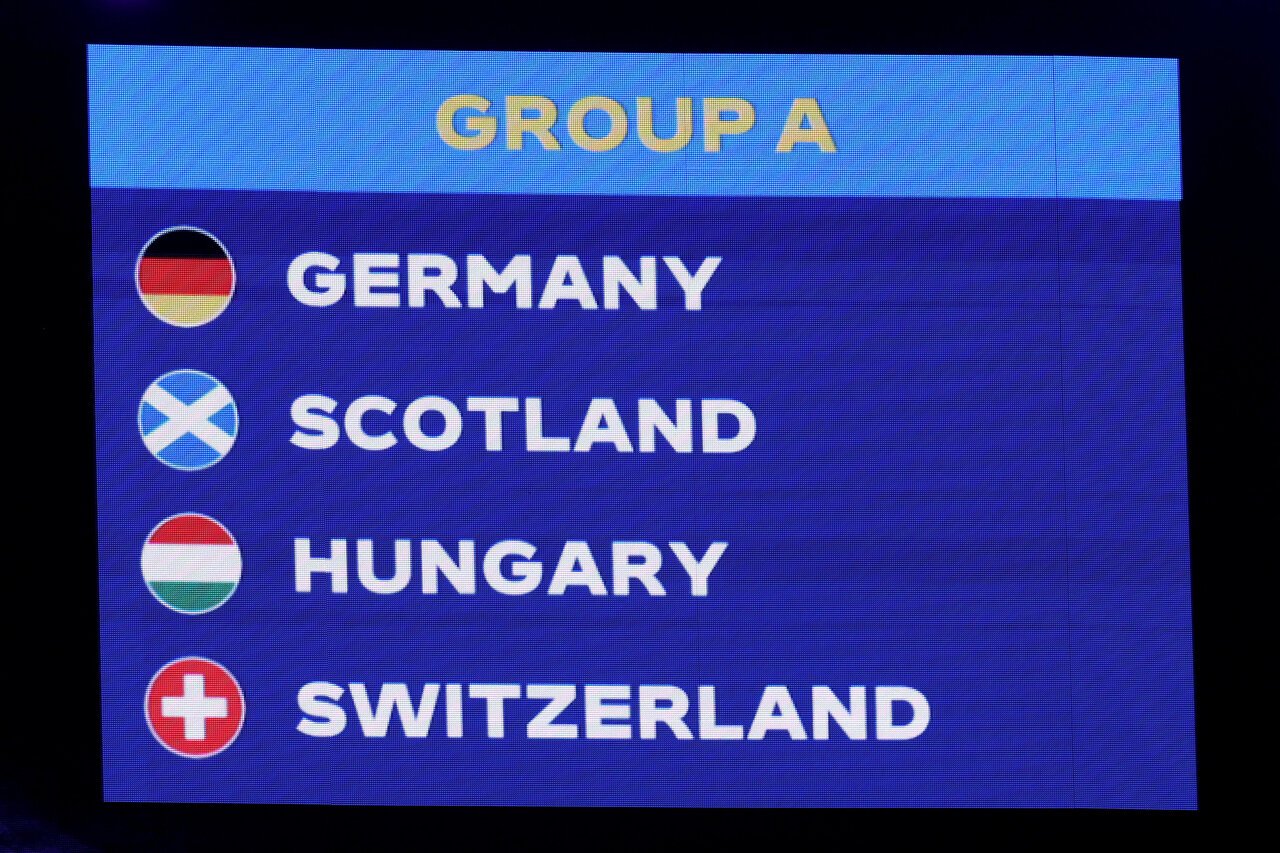Cold and flu virus wave strikes before Christmas
With just a week to go before Christmas Eve, most people are winding down their work schedules and mentally preparing themselves for the start of the new year. But right on cue, it seems like just about everyone in the country has been struck down by the lurgy. According to the latest report from the Robert Koch Institute, an estimated 9.5 million people contracted some kind of flu or respiratory virus in the first week of December – representing more than 10 percent of the entire population.
Somewhat surprisingly, Covid-19 doesn’t account for the majority of respiratory infections anymore: in fact, some experts believe we’re only now catching up on all the ordinary bugs we missed out on during the pandemic years.
Whatever the cause is, the impact of this latest wave of illness has been tangible. We’ve seen train services cancelled as drivers are off sick and Kitas closing their doors as they simply don’t have enough staff. Children have also been badly affected as understaffed wards struggle to cope with all the sicky youngsters. If you’re one of the unlucky ones feeling poorly this week, these tips for what to do and say might come in handy. And gute Besserung (Get well soon!) from all of us at The Local.
Tweet of the week
Amazing branding. No notes pic.twitter.com/TiTCKprlTu
— Aggi (@aggichristiane) December 12, 2022
Need a few warm clothes to help you get through the endless sleet and drizzle of the German winter? It looks like this shop could have just the thing…
Where is this?

Photo: picture alliance/dpa | Jan Woitas
This charming snow-capped scene was captured this week in Oberwiesenthal, Saxony. Nestled near the Czech border, the picturesque town is home to one of the state’s largest and most popular ski resorts, which finally opened its doors for the winter season on Friday.
Did you know?
Christmas pickle ornaments for the Tannenbaum may sound like an old German tradition connected to the very real German love of pickles. But in fact the reality is that these decorations are more of an American thing. Legend has it that the Weihnachtsgurke or Christmas Pickle – a glass ornament shaped like a pickle – is the very last decoration that Germans hang on their Christmas tree.
And on Christmas Eve, the first child to find the pickle hidden amongst the branches on the tree is said to get good luck for the year to come, as well as an extra present. If you ask someone from some parts of the USA – such as the Midwest – they are likely to be familiar with this German festive custom. Germans, on the other hand, will probably have no idea what you’re talking about. No one knows quite where this tradition got lost in translation. But it could simply be down to a marketing ploy by US companies to shift leftover pickle decorations.
On the packaging of a lot of pickle ornaments, there’s an explanation of how to carry out the ‘time-honoured German tradition’, emphasising how it’s an ‘Old World custom’. Nevertheless, this misunderstanding has led to a bit of resurgence of Christmas pickles becoming kitsch and vaguely popular decorations – even in Germany.




 Please whitelist us to continue reading.
Please whitelist us to continue reading.
Member comments